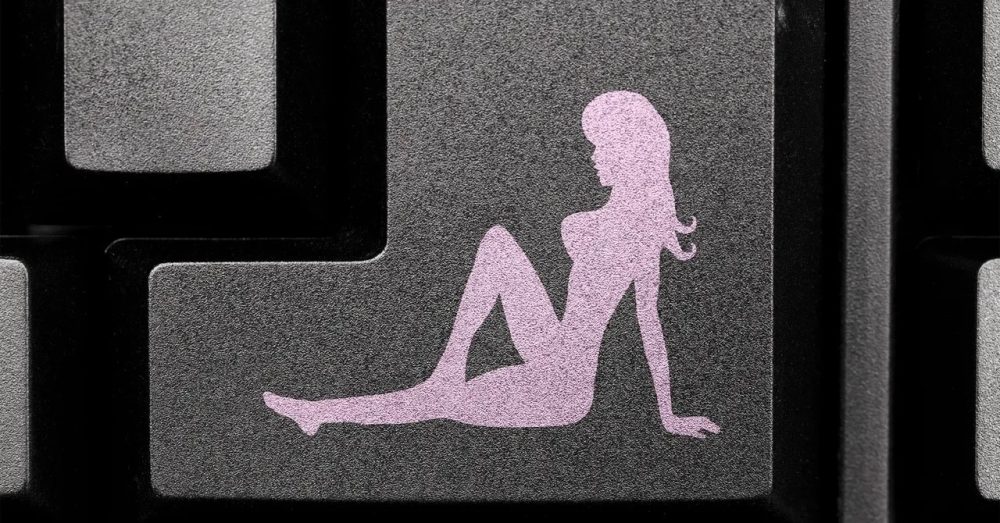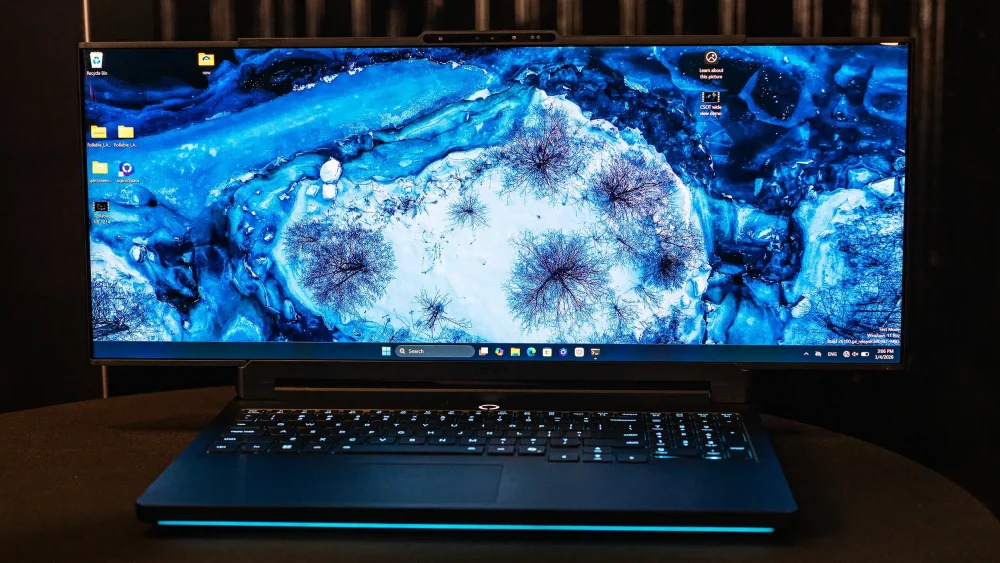The UK’s controversial Online Safety Act has triggered an unexpected ripple effect: a dramatic surge in the use of virtual private networks (VPNs). Since the law’s new age verification rules came into force, several VPN apps have dominated the UK App Store charts, raising both privacy concerns and questions about the law’s long-term effectiveness.
VPNs
As of this week, VPN apps account for half of the top ten most downloaded free apps in the UK. The reason? Major platforms like PornHub, Reddit, and X (formerly Twitter) now require users to verify their age before accessing certain types of content, including not only adult material, but also content deemed harmful to children, such as posts about self-harm or eating disorders.
One VPN provider, Proton, reported a staggering 1,800% increase in daily UK signups. Another app, Free VPN, cited a similar weekend spike. Independent monitor Top10VPN recorded a 1,327% surge in VPN traffic on July 25, which grew to nearly 2,000% by July 27.
The Online Safety Act’s Strict Requirements
The Act mandates that platforms implement “highly effective” age verification mechanisms. Simple age checkboxes are no longer enough. Instead, OFCOM has suggested invasive alternatives like:
- Facial recognition using selfies or video
- Uploading government-issued ID
- Submitting bank or credit card details
- Mobile operator verification
- Digital identity wallets
- Email address analysis to determine age
While these methods must comply with UK privacy law, many users feel they cross a line, especially adults who are concerned about how their data might be stored, used, or linked to other online activity.
A Double-Edged Sword
For children and teens, the new protections are supposed to shield them from harmful material. But experts say the explosion in VPN downloads suggests the law may be pushing young people toward privacy workarounds rather than protecting them. Katie Freeman-Tayler of Internet Matters warned that “free and low-cost VPNs make it easy for children to circumvent age checks.”
Cybersecurity expert Daniel Card echoed this, noting that many free VPNs come with serious security risks, including potential data harvesting or exposure to cyberattacks. “That’s the uncomfortable truth,” Card told the BBC. “People will take risks to get what they want online.”
Government: Concerned but Not Backing Down
Despite the surge in circumvention, UK Science Secretary Peter Kyle has downplayed the impact. “Very few children” are actively seeking out harmful content, he told The Guardian. OFCOM, however, reports that 8% of children aged 8–14 access pornography each month, a figure that rises to nearly 20% of boys in that age range.
Kyle emphasized that the government had addressed “90% of the problem” and would figure out the rest over time. While he ruled out banning VPNs, he warned that authorities would be watching their use “very closely.”
A Threat to Free Expression?
Privacy advocates and digital rights groups argue that laws like the Online Safety Act could unintentionally threaten free expression and internet openness. “This clearly shows that adults are concerned about the impact universal age verification laws will have on their privacy,” said a spokesperson for Proton.
Others point to the slippery slope of normalization. If such invasive identification measures become standard, they may extend beyond adult content into wider internet usage, creating a surveillance-heavy digital environment.
Privacy vs. Protection
As VPN usage continues to skyrocket, the UK’s efforts to protect children online have exposed a complex battle between digital safety and personal privacy. The situation presents a broader question that many democracies will soon face: how do you balance the right to anonymity with the duty to protect?


